USAID-NREL Partnership Newsletter – Winter 2021
Read our Winter 2021 issue for updates on our country activities, events, global technical platforms, and resources.
The USAID-NREL Partnership addresses critical challenges to scaling up advanced energy systems through global tools and technical assistance, including the Renewable Energy Data Explorer, Greening the Grid, the International Jobs and Economic Development Impacts tool, and the Resilient Energy Platform.
Featured News
New Data Sets and Redesigned User Interface Now Live on RE Data Explorer
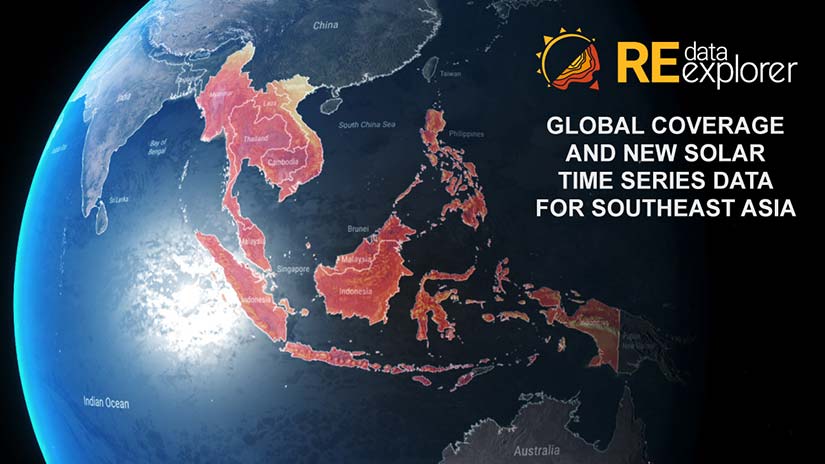
High-quality, robust, and reliable energy resource data is at the core of critical decision-making for energy transitions and can be used to drive energy sector investment and inform prospecting, renewable energy auctions, target setting, and other high-impact decisions. However, such data, especially for renewable energy resources, can be expensive and difficult to obtain. USAID and NREL developed the RE Data Explorer to offer all types of energy sector users quick and convenient access to best-in-class renewable energy and complementary data and analysis capabilities for informed renewable energy decision-making.
In February 2021, upgrades for the RE Data Explorer went live that include a redesigned user interface, the addition of high spatial and temporal resolution solar resource data for Southeast Asia, and wind, solar, and complementary data for many additional countries. Over the coming weeks, renewable energy data sets will be added for the entire world. These improvements are made possible through the USAID-NREL Partnership as well as the Advanced Energy Partnership for Asia, a partnership between USAID's Regional Development Mission for Asia and NREL.
Learn more about the RE Data Explorer tool and its recent enhancements in the full-length article on NREL news.
Additional Resources:
Watch our recent webinar launch event for the Southeast Asia solar resource data set. A text version will be available soon. Please contact the webmaster if you need assistance.
What's New
NREL Continues Expansion of Electric Vehicle Deployment Support Programs

Plans to invest in EV and EVSE deployment are driven by the desire of countries to reduce air emissions from conventional fuel vehicles and increase energy security by shifting to domestic electricity for transport.
In response to growing demand for support with managing transportation systems with increasing numbers of electric vehicles (EVs), USAID and NREL are engaged in several different projects aimed at streamlining development of EV charging infrastructure, workforce training, and grid management--building off of the recently launched global Greening the Grid EV Toolkit.
In the Lao People's Democratic Republic (Lao PDR), the Lao government recently passed the “Strategy on Clean Energy Use and Promotion in the Transportation Sector, Development Plan 2025, Strategy 2030, and Vision 2050.” To support strategy implementation, the Lao PDR Ministry of Energy and Mines requested support from NREL and USAID in the development of electric vehicle supply equipment (EVSE) business models, technical standards, and associated EVSE tariff designs that support broader policy goals. The USAID-NREL Partnership facilitated a series of capacity building meetings on EVSE with Ministry of Energy and Mines and a broader Lao government EV Working Group.
Through the Advanced Energy Partnership for Asia, NREL will also be hosting a forthcoming 6-week virtual course on EV deployment and management strategies. The course is aimed at enhancing coordination between policymakers and professionals from the transportation and energy sectors (from both the public and private sectors) from countries in Southeast Asia that are exploring or have recently initiated electric vehicle deployment strategies for their cities and/or countries.
USAID and NREL's growing number of EV resources, including the presentation slide decks from the Lao PDR EVSE trainings, can all be found online. Explore the toolkit and its resources at Greening the Grid EV Toolkit.
Using Mathematical Models To Enable Transportation Decarbonization and Combat Climate Change
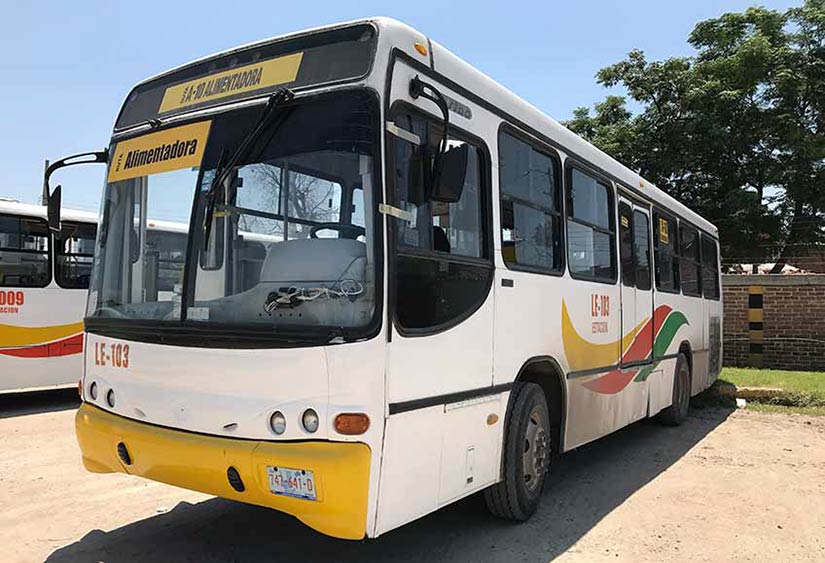
Photo of a studied transit bus in León, Mexico.
With support from USAID, NREL researchers completed a study that assessed the electrification potential of transit fleets in two Mexican cities and determined that at least 80% of the operational bus days for the studied routes were suitable for electrification. To meet 80% of the operation, the buses in Mexico City would need a 250-kWh battery, and the buses in León would need a 300-kWh battery.
Researchers detailed their methodology and findings in a conference paper that earned a best paper award at the 2020 IEEE Transportation Electrification Conference. The paper, "Transit Bus Electrification Evaluation from GPS Speed Traces," was based on data collected in Mexico 3 years prior.
Read more about the Transit Bus Electrification Evaluation in Mexico project.
Developing Energy Efficiency Data Points through Air Conditioning Metering Study in Sonora, Mexico
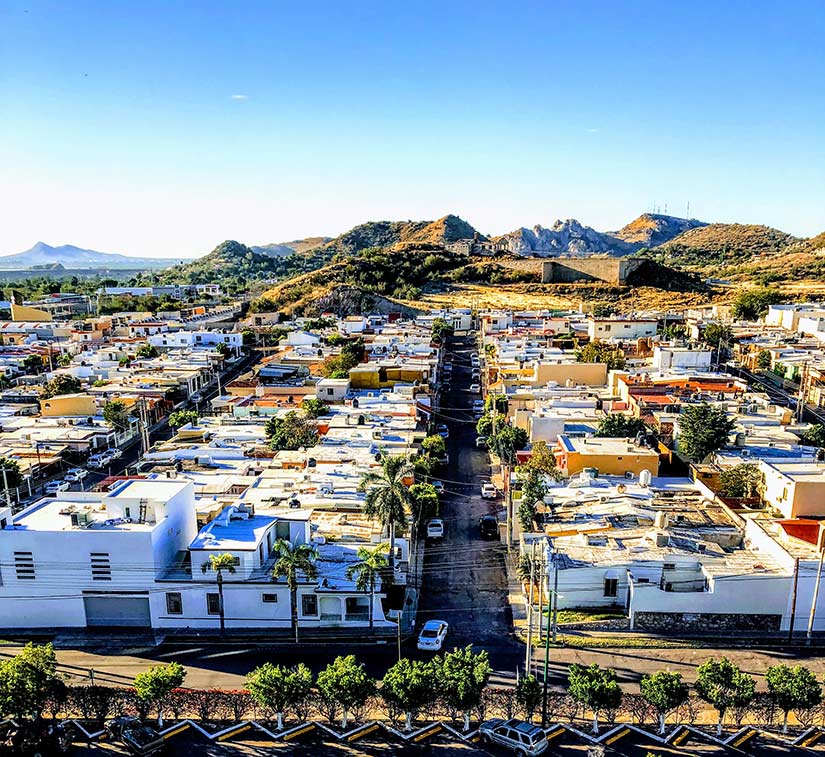
From our partners at the U.S. Department of Energy Lawrence Berkeley National Laboratory (LBNL)
Credible data about energy use, markets for technology, and related costs are indispensable components of technical analysis underpinning energy efficiency programs and policies. Unfortunately, these data are often scarce in developing countries, posing a significant barrier to effective policy development. LBNL's Energy Efficiency for Development program worked to solve this data deficiency in Mexico by conducting a first-of-its-kind analysis on residential air conditioning use for the state of Sonora, Mexico, where summer temperatures routinely approach 105ºF.
The analysis found that aggressive energy efficiency adoption can reduce high electricity bills of Mexican households that use air conditioners and alleviate the barrier to cleaner electricity production posed by growing air conditioner use. While mass adoption of inverter-type air conditioners is an aspirational goal of Mexican policymakers, clear evidence of cost-effectiveness has been lacking until now. The Sonora field study plays a crucial role in the development of energy efficiency policies, including mandatory regulations, cross-subsidies, and public awareness campaigns.
Green Hydrogen for Colombia Panel Discussion
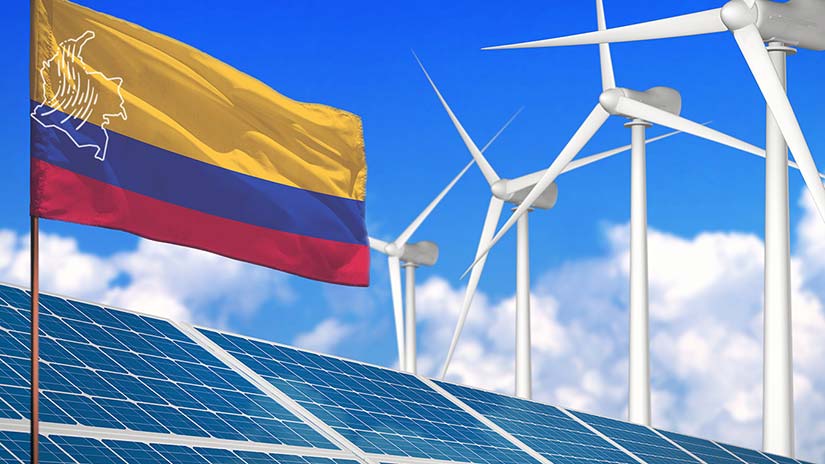
Diversifying its energy mix to include more renewable energy is a priority for Colombia, which is undergoing rapid transformation in its electricity sector because of changing economic, political, technological, and environmental conditions. The integration of considerable amounts of renewable energy creates opportunities for the economic use of electricity during certain periods of time without storage. Technologies like green hydrogen could also improve the environmental profile of the Colombian industrial sector, while ensuring energy independence. As part of its ongoing work with the Government of Colombia, NREL convened a panel of industry experts in January 2021 to explore questions such as: Could Colombia become competitive in the production, consumption, and export of green hydrogen? Is green hydrogen currently an economically viable option for the industrial sector? What are the potential use cases for expanding green hydrogen use in other sectors, such as generation and transportation? And how might green hydrogen compliment battery-based storage solutions? To learn more about the USAID-NREL Partnership's ongoing work with Colombia, visit the Colombia project page on the website.
Must Reads
Please explore the diverse publications published by the USAID-NREL Partnership:
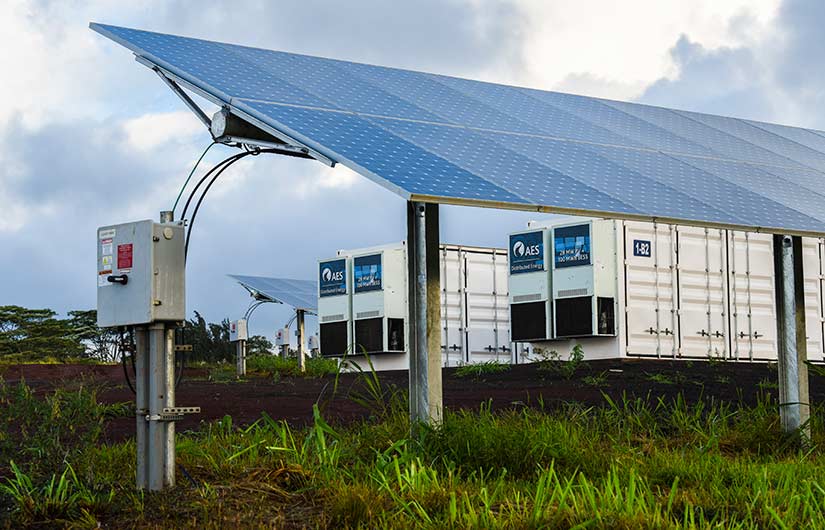
Key Considerations for Adoption of Technical Codes and Standards for Battery Energy
Storage Systems in Thailand - Carishma Gokhale-Welch, Sherry Stout, NREL
As countries in Asia consider the inclusion of battery energy storage systems (BESS)
in their power systems to meet policy objectives, renewable energy goals, increase
resilience, and expand energy access, there is an opportunity to learn from the experiences
of other regions and jurisdictions that have developed more advanced storage markets
and deployment methodologies. This report presents global best practices of codes,
standards, and interconnection procedures developed to support the safe and reliable
deployment of BESS. Several relevant case studies highlight current efforts to ensure
safe operation of BESS and showcase potential pathways for adoption of relevant codes
and standards. Specifically, this report is intended to support the Thailand Office
of Energy Regulatory Commission and other stakeholders in their efforts to develop
technical codes and standards to govern the installation and operation of BESS; it
may also be used as a guide for other countries as interest in the deployment of BESS
technologies continues to grow.
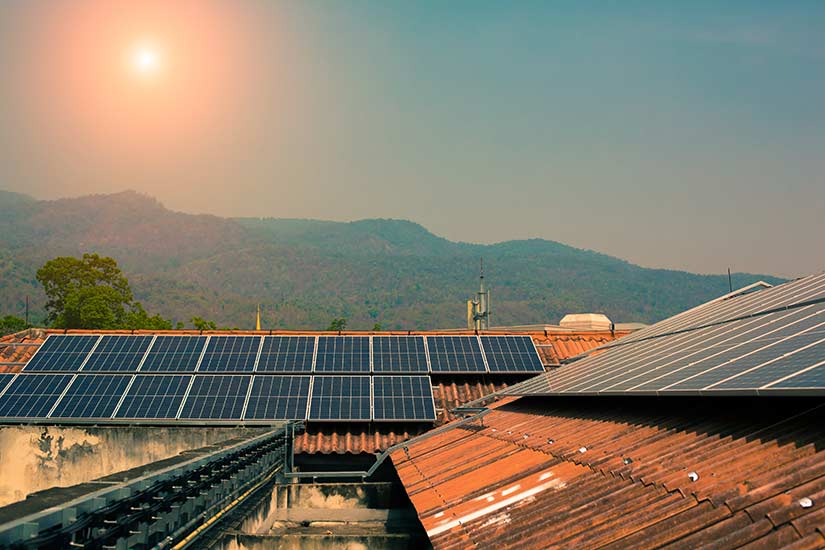
Quantifying Rooftop Solar Benefits: A State-Level Value of Solar Analysis for India – Thomas Bowen, Carishma Gokhale-Welch, Karlynn Cory, NREL; Naïm Darghouth, LBNL
Driven by India’s ambitious rooftop solar (RTS) goals, individual states have designed
solar policies and compensation mechanisms to help achieve specific targets established
for each state. As costs decline and these systems are more widely adopted, policymakers,
regulators, and other stakeholders may want to better understand the net costs and
benefits of RTS to adopting and nonadopting customers, the grid, distribution companies,
and other power system stakeholders. This report provides a value of solar analysis
for two states in India: Gujarat and Jharkhand. The report provides an overview of
the methodology and key findings suggest that, although there are some similarities
in analysis results for each state, differences in their respective power system contexts
such as system sizes and generation mix, renewable energy targets and resource potential,
as well as adopted compensation mechanisms, led to significant differences in the
values for RTS in the two states.
These types of value of solar studies can drive changes to existing policies towards fairer, more cost-reflective RTS compensation or alternatively can provide confidence for the decision maker to stay the course and largely maintain existing policies.

A Methodological Approach for Climate Change Risk Assessment in the Power Sector:
A Case Study in Colombia – Eduardo José Sánchez-Sierra, Diego Grajales, Oscar Galvis, Ministry of Mines and
Energy, Colombia; Subcontractor Report
This case study presents the climate change risk assessment methodology developed
by the Colombia Ministry of Mines and Energy and the results of a pilot assessment
for the power sector in Colombia. This methodology incorporates climate change scenario
uncertainties and strengthens links between meteorological/climate data, risk assessment
results, and expert's feedback. The methodology also allows stakeholders to identify
the threats and risks that are relevant for power generation and transmission technologies,
considering location, possible occurrence of climate events, and the territory’s vulnerability.
The Colombia Ministry of Mines and Energy applied the methodology to understand the
possible climate change impacts on the power system. The results will help inform
potential adaptation strategies for the design, planning, and operation of the power
sector.
Event
WATCH: COVID-19 Energy Sector Impacts and Recovery in Southeast Asia

Countries of Southeast Asia face unprecedented challenges as they respond to the global coronavirus (COVID-19) pandemic. Energy demand has decreased, while shifts in the use of energy have disrupted typical means of cost recovery, system operations, and investment. How can countries across the region respond to, and plan for, the long-term recovery of a rapidly changing sector?
USAID and NREL hosted experts from the Philippines Energy Regulatory Commission and the Danish Vietnamese consulting company RCEE-NIRSS in a discussion to explore COVID-19 response and recovery approaches and how well-designed green stimulus packages can support economic recovery, power sector resilience, and decarbonization.
Be sure to watch the webinar’s recording COVID-19 Energy Sector Impacts and Recovery in Southeast Asia. For questions and information related to COVID-19 energy sector impacts, reach out to our Ask an Expert service.
Subscribe to our Newsletter
To stay up to date with the latest news, updates, and events from the USAID-NREL Partnership, subscribe to our quarterly newsletter.
SubscribeShare


